After media outlets called the 2020 presidential election for then-President-elect Joe Biden, former President Donald Trump embarked on a months-long smear campaign predicated on the lie that Democrats coordinated widespread election fraud to deliver Biden a false victory.
Trump continued broadcasting these lies even after every state certified its results and after the Electoral College confirmed Biden's win with their votes.
On January 6, as Congress held a joint session to nationally certify Biden's victory, Trump spoke at a "Save America" rally where he continued to peddle these falsehoods and encouraged his supporters to march to the Capitol and make their voices heard.
Shortly after, the mob of pro-Trump extremists stormed the Capitol in a violent attack resulting in the deaths of at least five people.
A week later—on January 13—the Democratic-led House of Representatives impeached Trump for a historic second time, with 10 House Republicans voting in favor of the measure, making it the most bipartisan impeachment in American history. They charged him with inciting an insurrection through his repeated lies about the integrity of U.S. elections.
House Minority Leader Kevin McCarthy (R-CA) acknowledged that Trump bore responsibility for the riots, though he didn't vote in favor of impeachment.
And on Monday, after the House Impeachment Managers delivered the article of impeachment against Trump to the Senate for a trial, McCarthy chastised them on Twitter for impeaching a "private citizen."
In addition to the fact that the House impeached Trump while he was still in office, a conviction for Trump in the impeachment trial would give the Senate the option to bar him from running for public office again—a measure of accountability that would make clear his actions are unacceptable.
McCarthy's words were roundly decried for dismissing the gravity of the former President's actions.
They were quick to remind him that Trump was impeached while in office.
Trump's impeachment trial is expected to begin this week.

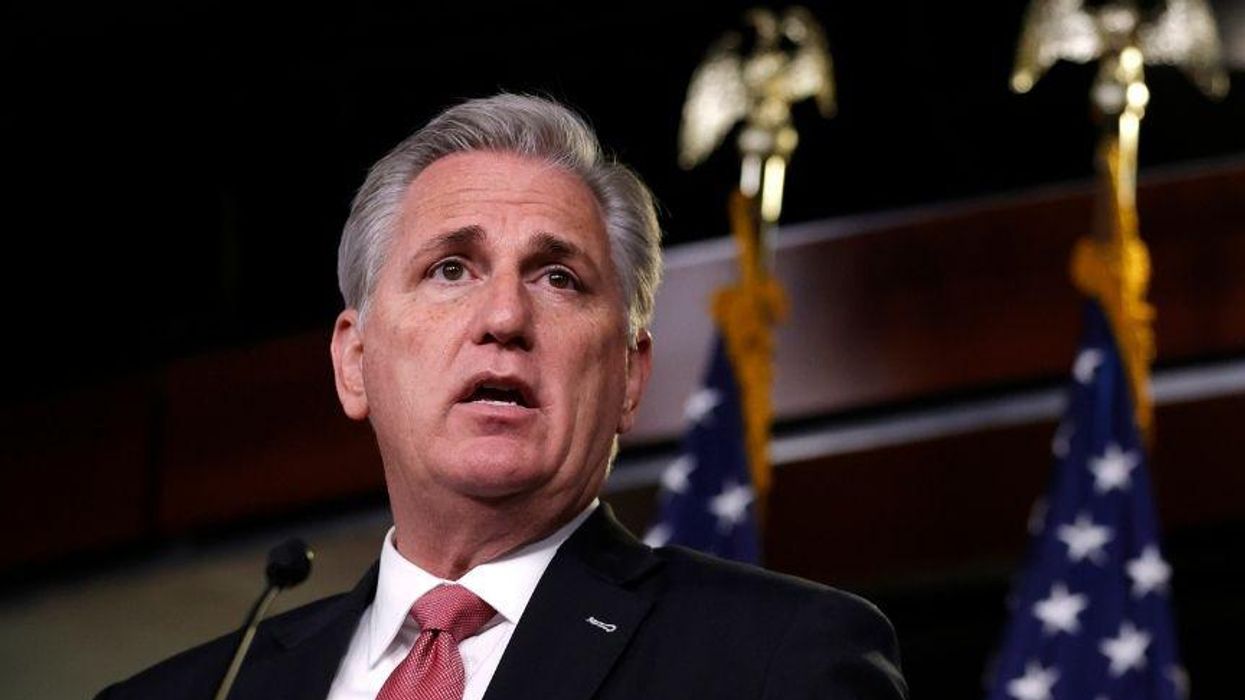


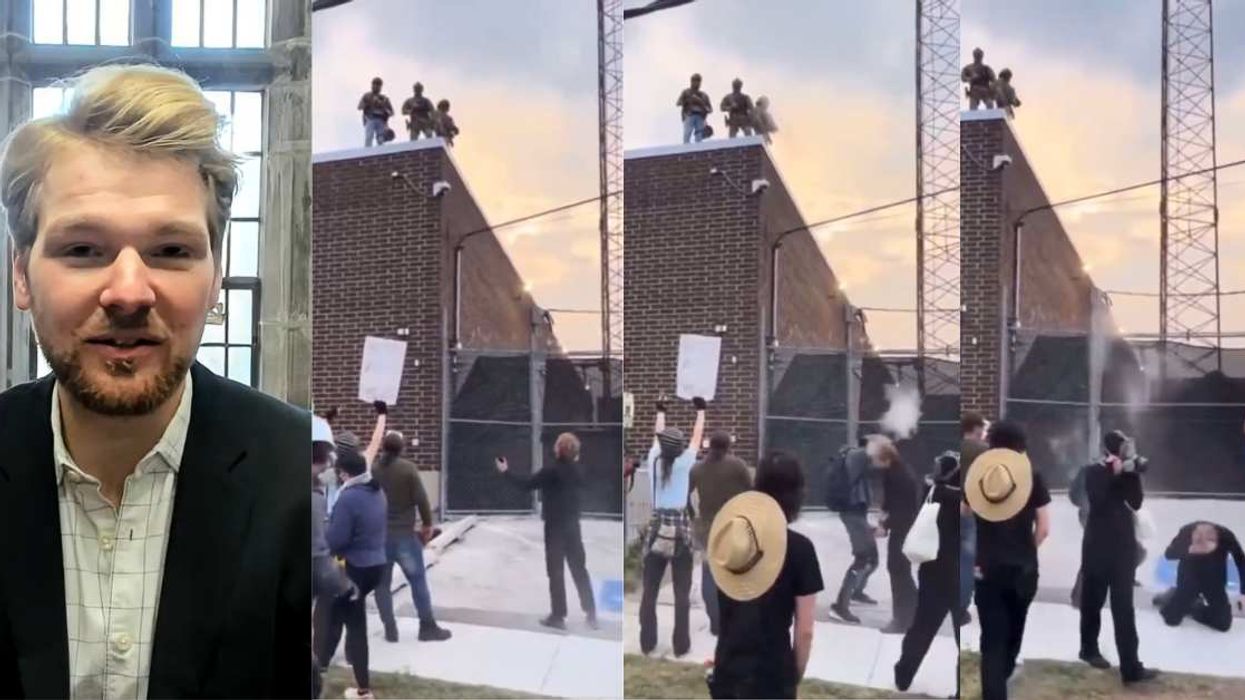


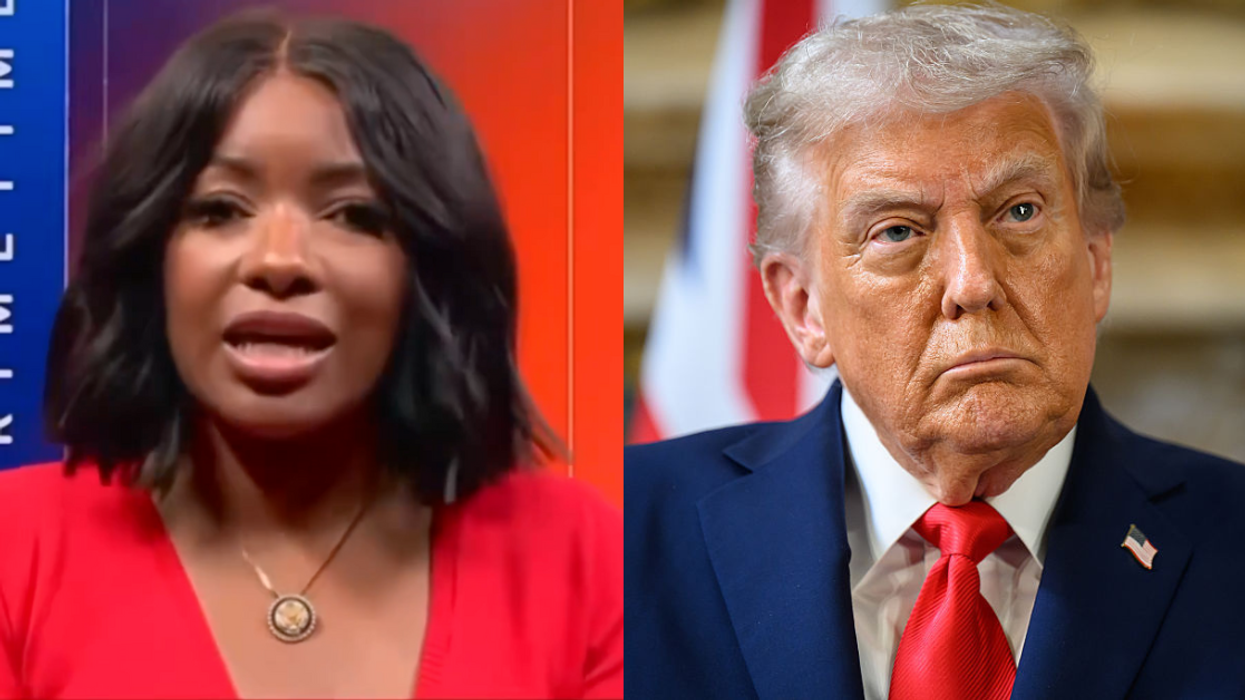
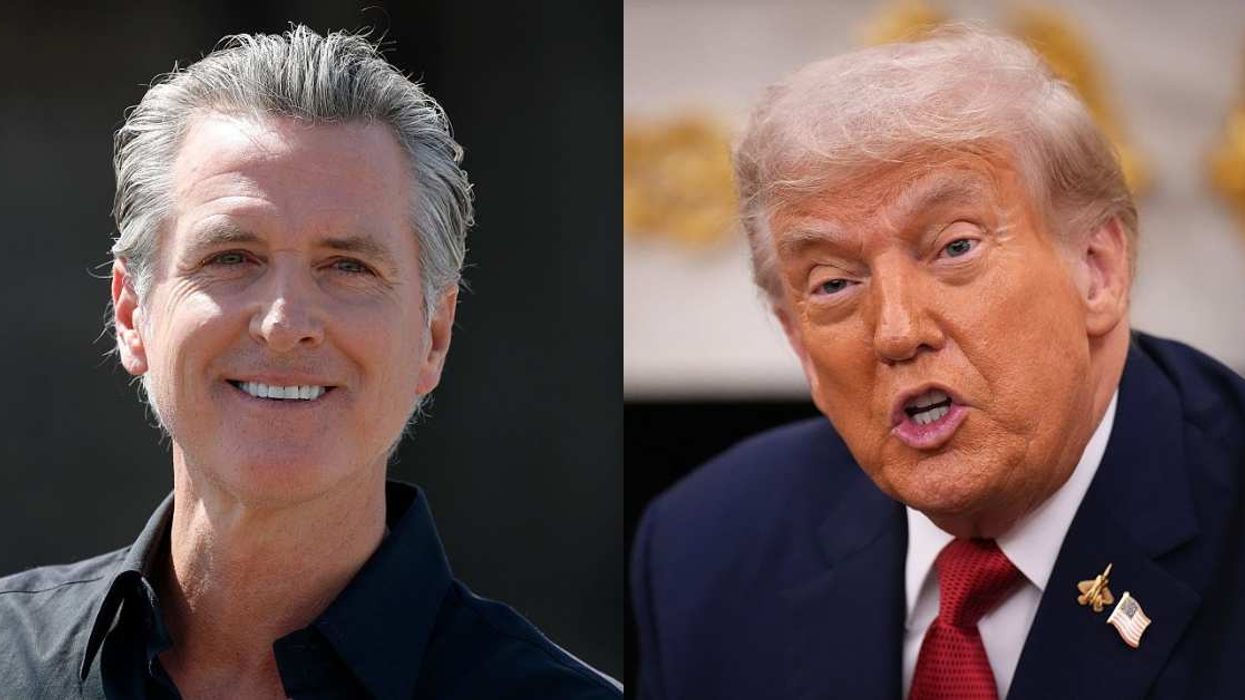
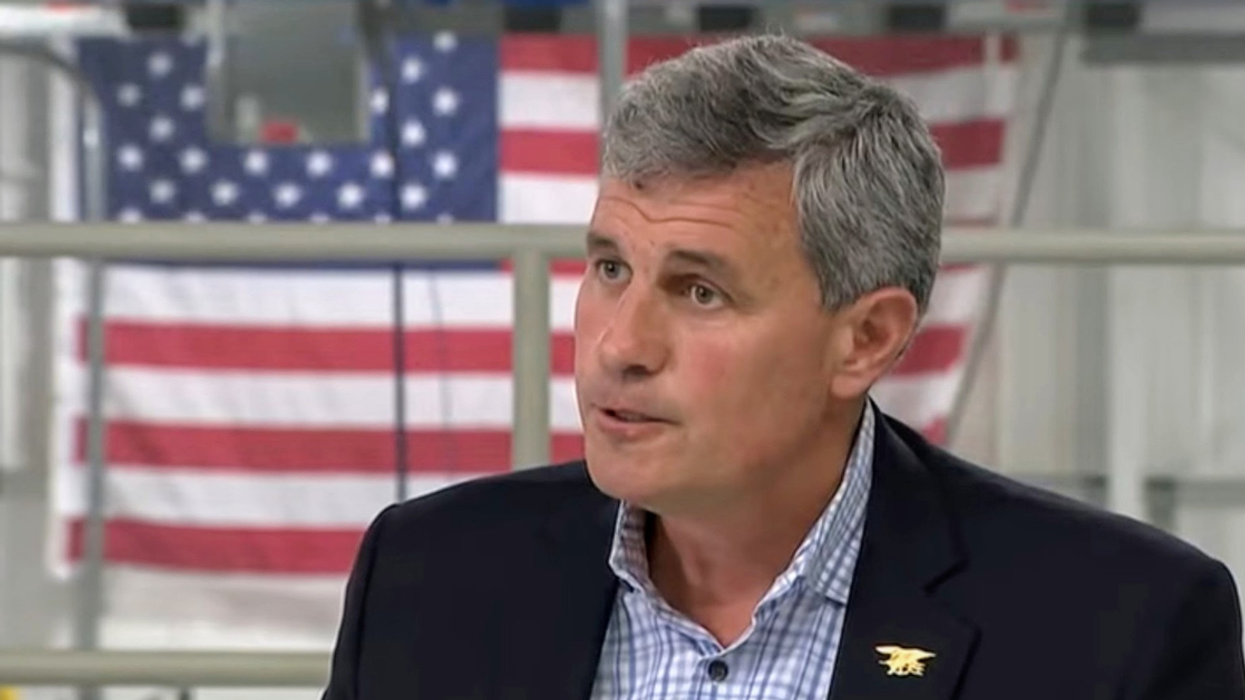

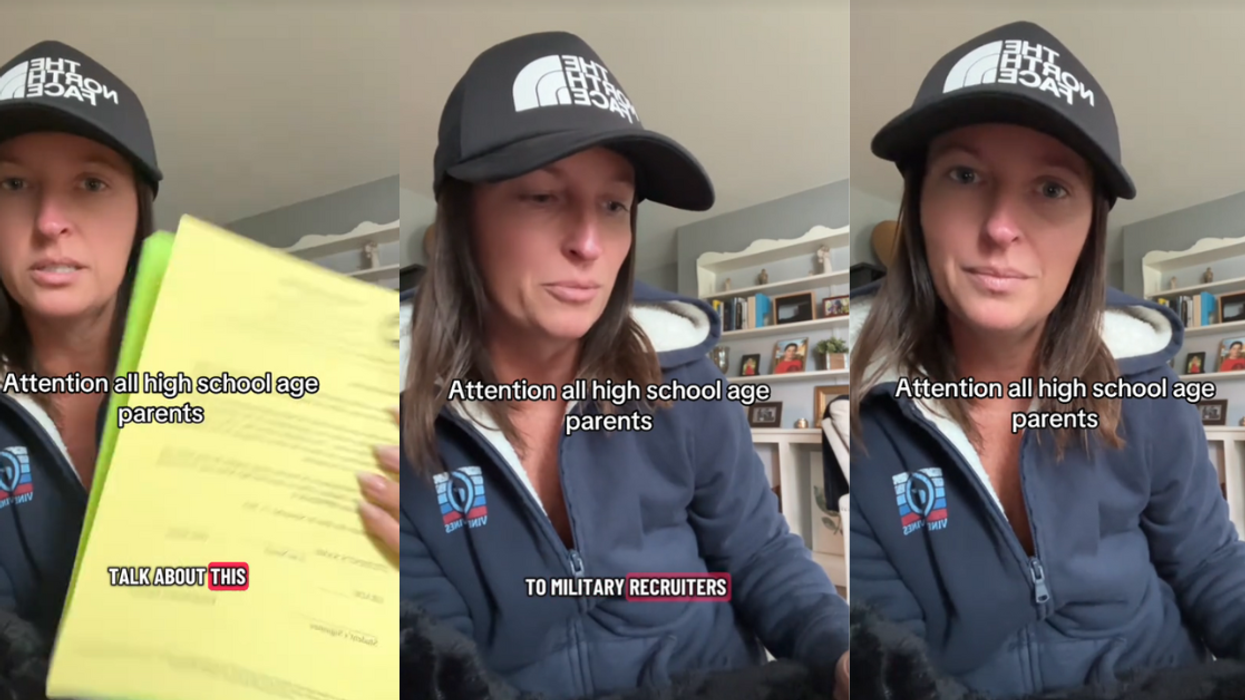
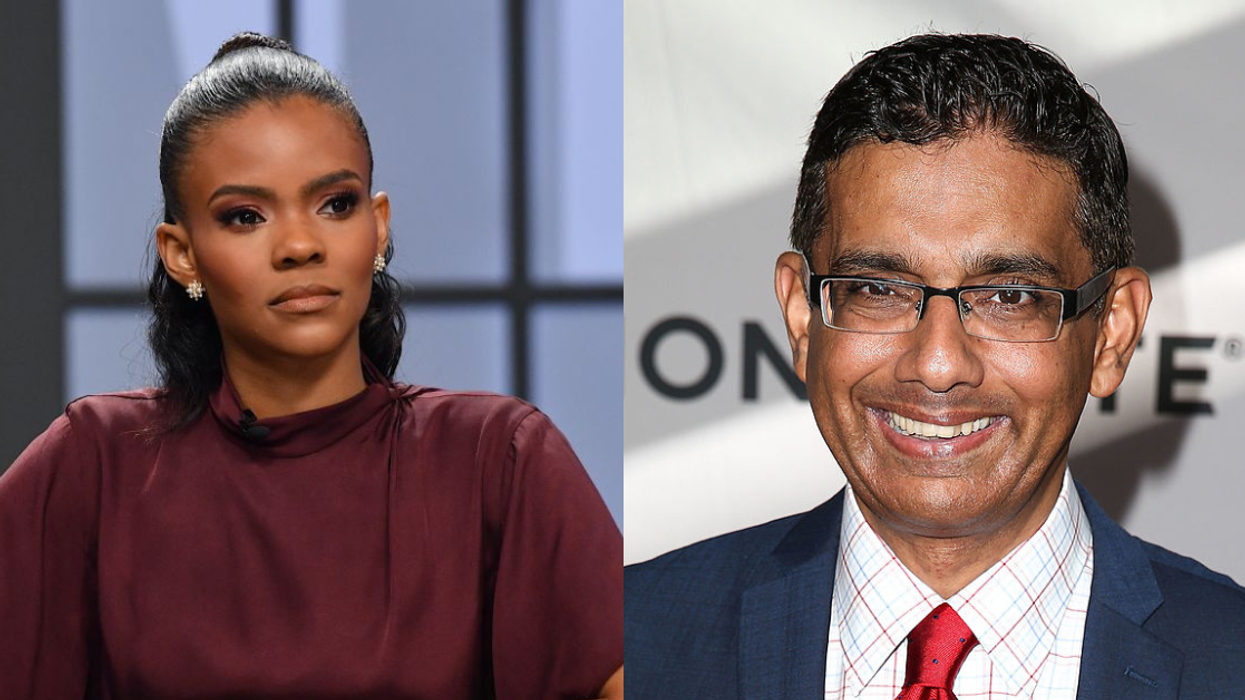

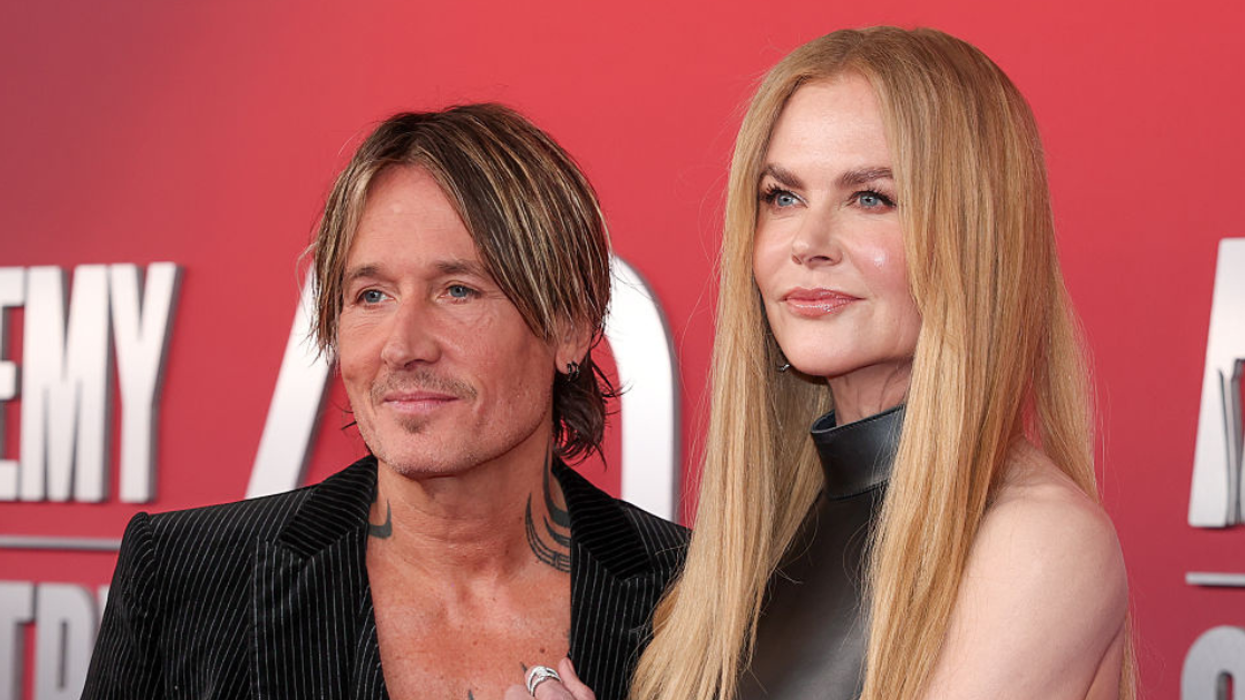

 @harimiller/Instagram
@harimiller/Instagram @lustig75/Instagram
@lustig75/Instagram @thekarayoung/Instagram
@thekarayoung/Instagram @asha_malikmasters/Instagram
@asha_malikmasters/Instagram @isaacboots/Instagram
@isaacboots/Instagram @jodiekiddoffical/Instagram
@jodiekiddoffical/Instagram @shraaampstagram/Instagram
@shraaampstagram/Instagram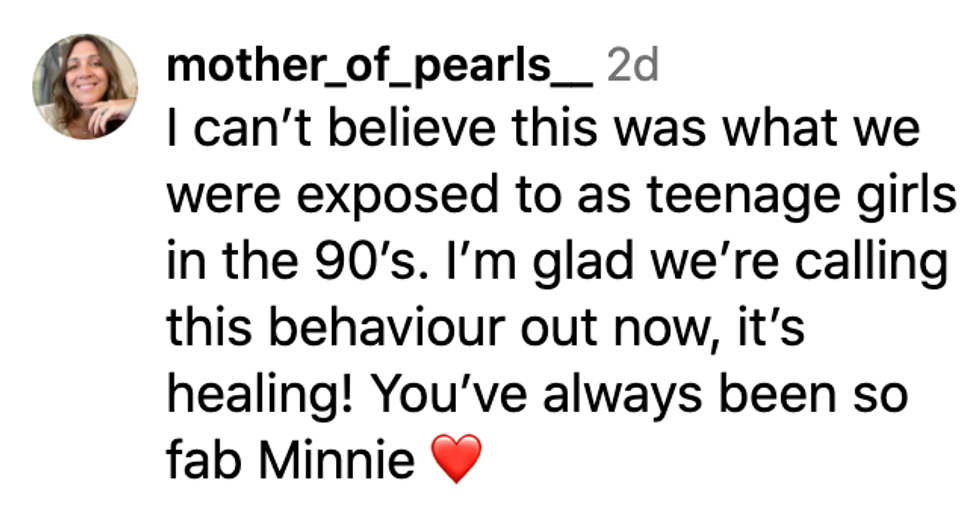 @mother_of_pearls_/Instagram
@mother_of_pearls_/Instagram @addiepray/Instagram
@addiepray/Instagram @lexpeck1/Instagram
@lexpeck1/Instagram @ollyolyoxenfreak/Instagram
@ollyolyoxenfreak/Instagram @lowrihafcooke/Instagram
@lowrihafcooke/Instagram